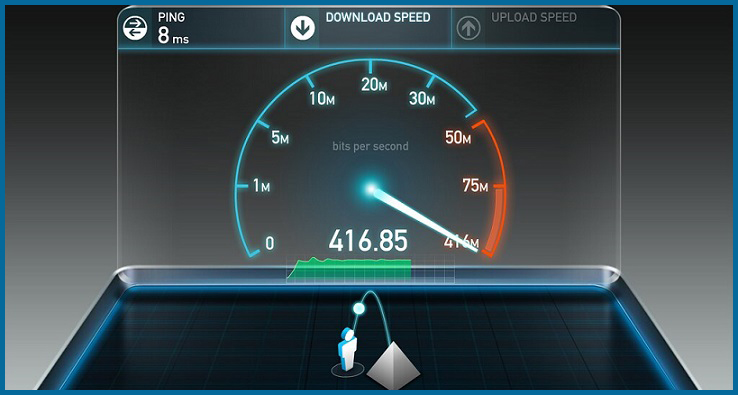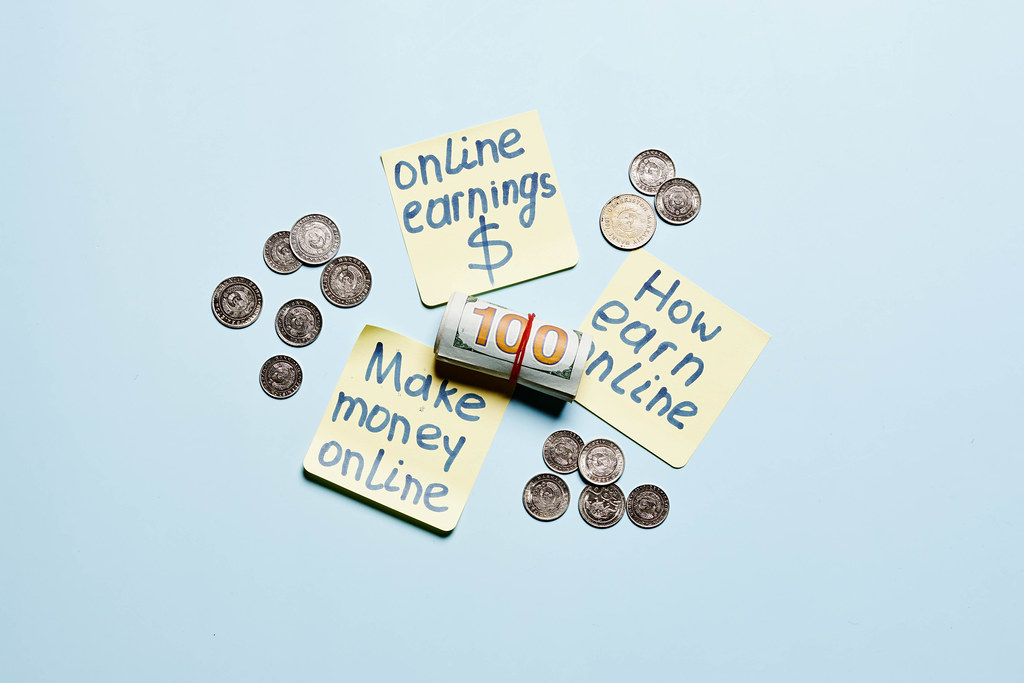When you hear a lot of rhetoric in the press about how socializing healthcare is a bad thing and the free (expensive). Market is what has brought all this advanced medical technology to us. It really wouldn’t be a good idea to buy that line of thinking. The free market thing only makes sense when you talk about a product that you have a choice to not buy. If it’s an essential like healthcare, college or a telephone or Internet connection, you have to it no matter what it costs. When you bring the free market to a product that is an essential, you get disaster. Have you tried a speed test lately?

Why bring the Internet into this? Well, in many markets in America, you have only one Internet service provider; sometimes, there’s two (but they aren’t in competition – they get together to raise prices).
Anyway, the free market doesn’t really work when people aren’t given enough information. When the dentist tells you that there is this new material for your filling that’s three times as expensive. Are you supposed to believe that it’s three times as good as the old one? When your Internet service provider offers you 8 Mbps, and charges you $60 a month for it. Are you really supposed to pay three times what you would pay for two 2 Mbps plan?
Speed Test
Do you actually get four times the speed? Who’s to explain all this to you – especially when they qualify all speed declarations with an “up to” disclaimer? What would it be like if you went to the grocery store and bought a bottle of ketchup, and on the bottle it said “depending on the time of day we package this bottle at the plant. You could get from anywhere between 8oz. to 12oz. ketchup”? Would you still pay for it?
Well, you actually do exactly that with your Internet connection. And the FCC is tired of it. They’ve been studying the kind of speed major Internet service providers around the country give you – they’ve done it for whole year. While Verizon and Comcast do give you the download speed the advertise, they found. Other majors like Cable vision only give you between 50% and 80% of the speed they promise you. If you don’t actually try to do speed test online often, you’d never know this.
However, for the most part, you get at least 80% of what you’re promised – it isn’t like you’re being robbed blind. You are only being touched a little bit. And the Internet service providers have done so well with ramping up their facilities that the rush hours are no longer very slow.
But even if you do get 80% of what you promised, it’s still not fair. A few providers do give you exactly what they promise; why can’t the others? If you went to a gas station and they charged you 20% extra for the same amount of gas for no reason, you wouldn’t take it, would you? Actually, they found something – if you have a DSL service, that’s the one that’s most likely to fall short. Fiber optic is better.
Reasons of Slow Speed
A big reason why the service providers are able to get away with this is that consumers just don’t care enough to look closely at what they’re getting. Almost no one, according to the FCC, bothers to take a speed test online. They don’t even know what kind of plan they’re buying and what is a good internet speed. However, it’s hard to blame them – anyone who’s hit with megabits and kilo-bits has to have his eyes glaze over.


